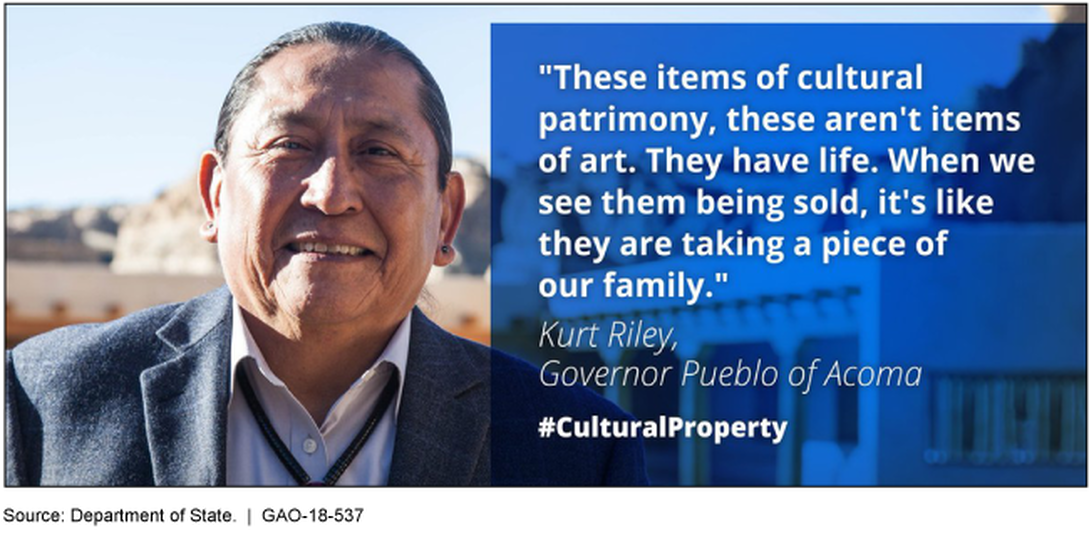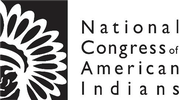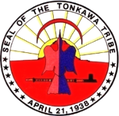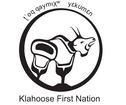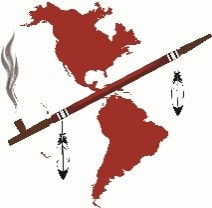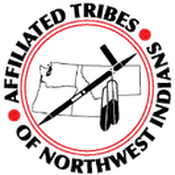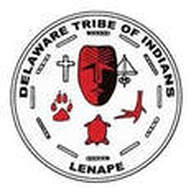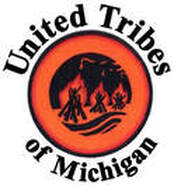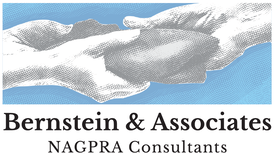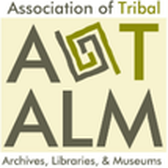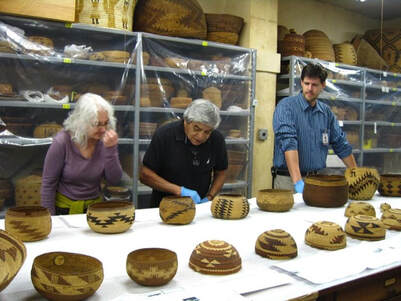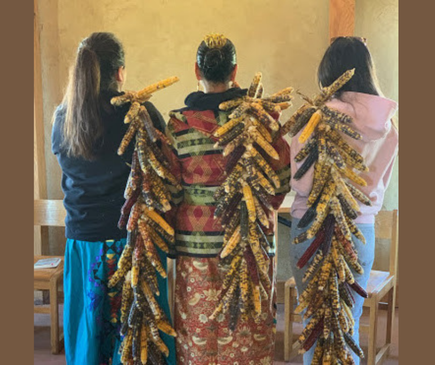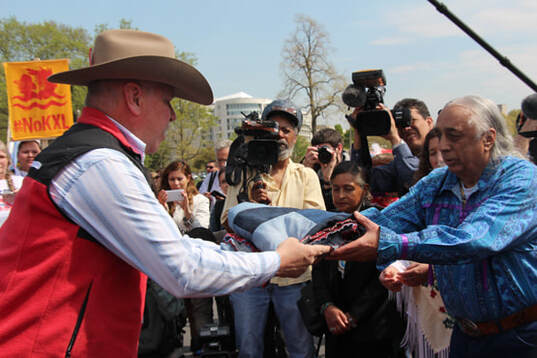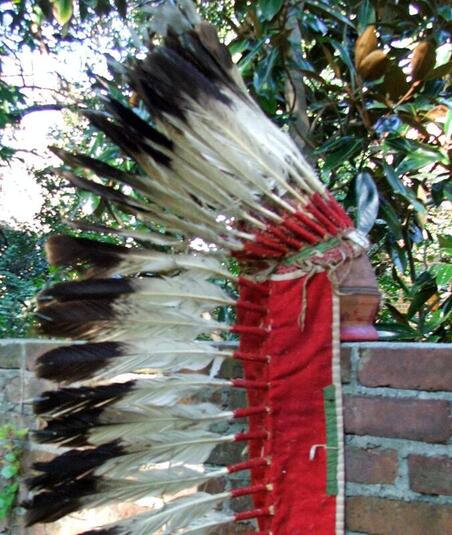Together, we can protect Native Cultural Heritage!
There are many different federal, state and Tribal laws that may apply to sensitive cultural items that have been misappropriated including the Native American Graves Protection and Repatriation Act (NAGPRA) and the Archaeological Resources Protection Act, but there are other laws that may apply that auction houses and dealers do not review. As experts in the law, we can help can help individuals, Native Nations, collectors, museums and auction houses protect Native cultural heritage.
|
Current listing of domestic and international auctions that may contain sensitive Indigenous cultural heritage items.
|
Follow our latest work on protecting Native Cultural Heritage here.
|
We can help Native Nations, auction houses, collectors, museums and individuals where Ancestors and Sacred objects are involved.
|
What to do if you have or find a Native cultural heritage item and how everyone can protect Native culture.
|
If you are holding Native Cultural Heritage, then you are holding sensitive items that belong to a Native Nation, a Native Hawaiian Organization, Indigenous Group or lineal descendant (herafter, "Native Nation"). It is known as “community” property or "patrimony" and specifically means it belongs to a collective - like a sovereign Native Nation. Therefore, no individual would have the right to remove the item from that Native Nation without proper authority or consent from that Nation at the time the item was removed from that Nation - or has since obtained consent.
There are several federal, state and Native Nation laws that apply to these cases, even if NAGPRA does not apply! A purchaser can never obtain good title from a thief, even if the theft occurred decades in the past. Here are some laws that may apply:
Keep reading below to learn more about what you can do to return our stolen heritage and Ancestors' bodies!
There are several federal, state and Native Nation laws that apply to these cases, even if NAGPRA does not apply! A purchaser can never obtain good title from a thief, even if the theft occurred decades in the past. Here are some laws that may apply:
- 18 U.S. Code § 1163 - Embezzlement and theft from Indian tribal organizations;
- 25 U.S. Code § 194 - Trial of right of property; burden of proof (the non-Indian has the burden to prove that they have a right of possession);
- 16 USC Ch. 1B – The Archaeological Resources Protection Act incorporates any state law that was violated to obtain items;
- Common law theft and other laws;
- Native Nation laws, customs and traditions include that Native Nations have the inherent or expressed jurisdiction over their cultural heritage, regardless of where it is located.
Keep reading below to learn more about what you can do to return our stolen heritage and Ancestors' bodies!
How to Protect Cultural Heritage
|
Along with our partners, we advise buyers and collectors to invest in contemporary Native artists whose stories and creations are accessible and created to share - not Indigenous burials and Sacred, Cultural patrimony.
|
Joint Statement Partners
Help Us END Cultural Heritage Trafficking
|
If you have ANY evidence of theft, looting or removing the item without the consent of your Nation, please immediately contact:
FBI Art Crimes Team Supervisory Special Assistant Kristin Koch [email protected] 202-324-5525 |
If you have any facts that may support a claim of theft or looting, please immediately contact:
Bureau of Indian Affairs Special Agent Franklin Chavez [email protected] 505-228-8053 |
Indigenous "Antiquities" and "Artifacts" ARE Cultural Heritage
The Association can help everyone with repatriation issues. Contact us today!
|
For Individuals
If you have questions or concerns about items in your possession, please contact us. We can help:
In many cases, items can be charitably donated back to their respective Tribes or through a non-profit like the Association, or other suitable arrangements can be made for return. |
|
For Native Nations
If you see items that may be sensitive to your Family, Band, Tribe or Nation, please contact us. We can help:
|
|
For Auction Houses, Dealers and Collectors, Museums, Etc.
If you have Native items in your custody, please contact us. In order to ensure that the item you hold is a commercial item with proper title and provenience information, you must consult an official Native Nation representative of the Nation or indigenous group that may be affiliated with the item. That is the only good faith manner that you can sell items you call "antiquities" or "artifacts." Often, information about the origination of an item has been manipulated over time by collectors and dealers, and the affiliated Native Nation is the only appropriate expert to confirm whether an item is saleable or has been misappropriated. We can help:
In fact, there are many federal, state and Tribal laws that we find auction houses ignoring, which can be bad for credible trade. Title to items of Native cultural heritage must be vetted with affiliated Native Nations. |
In 2022, we investigated and reported on at least 130 auctions and
5,991 potentially sensitive items.
5,991 potentially sensitive items.
Auctions
|
Below is a list of upcoming domestic and international auctions that may contain sensitive Indigenous cultural heritage items. Auctions are listed by most date in descending order.
If you would like a list of auctions from 2018-2022, please contact us. |
Know of a potential auction NOT listed below? Contact us!
|
7/27/2024
No Reserve Auction, Everything Must Go, Rbfinearts
Address: 339 E Burleigh Blvd, Tavares Fl 32778
Contact: [email protected], 877-660-3243
Sale Website: https://www.liveauctioneers.com/catalog/333259_no-reserve-auction-everything-must-go/
7/23/2024
Ethnographic, Alderfer Auction
Address: 501 Fairgrounds Road, Hatfield, PA 19440
Contact: 215.393.3000, https://booking.appointy.com/alderferauction
Sale Website: https://www.liveauctioneers.com/catalog/336416_ethnographic/
7/22/2024
Fine Pre-Columbian Art, Tribal Art, and Classical Antiquities, Arte Primitivo
Address: 3 East 65th Street, New York N.Y. 10065
Contact: (212) 570-6999 ext.102, [email protected]
Sale Website: https://arteprimitivo.com/index.asp, https://www.arteprimitivo.com/catalog/catalog_115.pdf
7/21/2024
Art From Around the World, Arte Antico
Virtual Only
Contact: [email protected], (917)536-6049
Sale Website: https://www.liveauctioneers.com/catalog/336542_art-from-around-the-world-summer-2024/
7/20/2024
JULY GALLERY AUCTION, Schmidt's Antiques Inc.
Address: 5138 West Michigan Avenue, Ypsilanti, MI 48197
Contact: [email protected], (734) 434-2660
Sale Website: https://www.liveauctioneers.com/catalog/333917_july-gallery-auction/
7/20/2024
Jewelry, Art, Watches, and Antiques, Hess Fine Auctions
Address: 1131 4th Street North, St. Petersburg, FL 33701
Contact: Katrina M. Hess, (727) 235 0359, [email protected]
Sale Website: https://www.liveauctioneers.com/catalog/332507_jewelry-art-watches-and-antiques/
7/20/2024
July 20 Summer Estate Auction, Connoisseur Auctions
Address: PO Box 849, Rome, GA 30162
Contact: (843) 286-5186, [email protected]
Sale Website: https://www.liveauctioneers.com/catalog/334280_july-20-summer-estate-auction/
7/18/2024
Summer Americana Extravaganza, New England Auctions
Address: 14 Business Park Drive - Unit 5, Branford, CT 06405
Contact: General Manager: Andrea Brooke, [email protected], (475) 234-5120
Auctioneer: Fred Giampietro, [email protected], (475) 234-5120
Auctioneer: Kathryn Giampietro, [email protected], (475) 234-5120
Inventory Generalist: Marco Garcia- Perez, [email protected], (475) 234-5120
Auction Generalist: Mark Surowiecki, [email protected], (475) 234-5120
Generalist: Michelle Staffa, [email protected], (475) 234-5120
Sale Website: https://www.liveauctioneers.com/catalog/334338_summer-americana-extravaganza/
7/17/2024
ABC: Estate Finds, Day 2 of 3, Millea Bros Ltd
Address: 607 Myrtle Ave, Boonton, NJ 07005
Contact: 973-377-1500,
Sale Website: https://www.liveauctioneers.com/catalog/333754_abc-estate-finds-day-2-of-3/?keyword=&page=1
7/13/2024
July 2024: Online Only Exclusives, DuMouchelles
Address: 409 East Jefferson Ave, Detroit, MI 48226
Contact: 973-377-1500, [email protected]
Sale Website: https://www.liveauctioneers.com/catalog/334684_july-2024-online-only-exclusives/
7/13/2024
FINE ART AND ANTIQUE ESTATE AUCTION 167, Antique Arena Inc.
Address: 2910 Coney Island Ave, 1st Floor, Brooklyn, NY 11235
Contact: General: [email protected], (888) 996-0576
Sale Website: https://www.liveauctioneers.com/catalog/334767_fine-art-and-antique-estate-auction-167/
7/13/2024
Tales of the Old West: July Premier Auction, North American Auction Co.
Address: 34156 E Frontage Rd, Bozeman, MT 59715
Contact: [email protected], 1-800-686-4216, Inventory Manager: Ben Johnson, [email protected], (406) 600-3647
Inventory Specialists: Jeff Bucklew, [email protected], (619) 762-8650; Jordan Schlauch, [email protected], (406) 404-5933
President: Mark Markovich, [email protected], (406) 600-4418
Sale Website: https://www.liveauctioneers.com/catalog/334032_tales-of-the-old-west-july-premier-auction/ and https://live.naabid.com/auctions/north-american-auction/tales-of-the-old-west-western-native-american-july-sale-16183/catalog#catalog
7/11/2024
Native American and Southwestern Jewelry, Freeman's | Hindman
Address: 5030 Oaklawn Drive, Cincinnati, OH 45227
Contact: VP, Head of Department, Antiquities and Ancient Art: Jacob Coley, [email protected]; 513.871.1670
[email protected]; VP, Head of Department, Native American Art: Danica Farnand, 513.666.4935, [email protected]; Specialist, Head of Sale, Western Art: Alexandria Dreas, 303.825.1855, [email protected]; AVP, Specialist, Native American Art: Erin Rust, 513.666.4947, [email protected]
Sale Website: https://www.liveauctioneers.com/catalog/334790_native-american-and-southwestern-jewelry/?page=2
7/9/2024
Discovery - Ancient, Asian, Ethno, Fine Art, Artemis Gallery
Address: 686 S. Taylor Avenue, Louisville, CO 80027
Contact: Teresa Dodge, [email protected], (720) 890-7700; [email protected]
Sale Website: https://www.liveauctioneers.com/catalog/334675_discovery-ancient-asian-ethno-fine-art/
No Reserve Auction, Everything Must Go, Rbfinearts
Address: 339 E Burleigh Blvd, Tavares Fl 32778
Contact: [email protected], 877-660-3243
Sale Website: https://www.liveauctioneers.com/catalog/333259_no-reserve-auction-everything-must-go/
7/23/2024
Ethnographic, Alderfer Auction
Address: 501 Fairgrounds Road, Hatfield, PA 19440
Contact: 215.393.3000, https://booking.appointy.com/alderferauction
Sale Website: https://www.liveauctioneers.com/catalog/336416_ethnographic/
7/22/2024
Fine Pre-Columbian Art, Tribal Art, and Classical Antiquities, Arte Primitivo
Address: 3 East 65th Street, New York N.Y. 10065
Contact: (212) 570-6999 ext.102, [email protected]
Sale Website: https://arteprimitivo.com/index.asp, https://www.arteprimitivo.com/catalog/catalog_115.pdf
7/21/2024
Art From Around the World, Arte Antico
Virtual Only
Contact: [email protected], (917)536-6049
Sale Website: https://www.liveauctioneers.com/catalog/336542_art-from-around-the-world-summer-2024/
7/20/2024
JULY GALLERY AUCTION, Schmidt's Antiques Inc.
Address: 5138 West Michigan Avenue, Ypsilanti, MI 48197
Contact: [email protected], (734) 434-2660
Sale Website: https://www.liveauctioneers.com/catalog/333917_july-gallery-auction/
7/20/2024
Jewelry, Art, Watches, and Antiques, Hess Fine Auctions
Address: 1131 4th Street North, St. Petersburg, FL 33701
Contact: Katrina M. Hess, (727) 235 0359, [email protected]
Sale Website: https://www.liveauctioneers.com/catalog/332507_jewelry-art-watches-and-antiques/
7/20/2024
July 20 Summer Estate Auction, Connoisseur Auctions
Address: PO Box 849, Rome, GA 30162
Contact: (843) 286-5186, [email protected]
Sale Website: https://www.liveauctioneers.com/catalog/334280_july-20-summer-estate-auction/
7/18/2024
Summer Americana Extravaganza, New England Auctions
Address: 14 Business Park Drive - Unit 5, Branford, CT 06405
Contact: General Manager: Andrea Brooke, [email protected], (475) 234-5120
Auctioneer: Fred Giampietro, [email protected], (475) 234-5120
Auctioneer: Kathryn Giampietro, [email protected], (475) 234-5120
Inventory Generalist: Marco Garcia- Perez, [email protected], (475) 234-5120
Auction Generalist: Mark Surowiecki, [email protected], (475) 234-5120
Generalist: Michelle Staffa, [email protected], (475) 234-5120
Sale Website: https://www.liveauctioneers.com/catalog/334338_summer-americana-extravaganza/
7/17/2024
ABC: Estate Finds, Day 2 of 3, Millea Bros Ltd
Address: 607 Myrtle Ave, Boonton, NJ 07005
Contact: 973-377-1500,
Sale Website: https://www.liveauctioneers.com/catalog/333754_abc-estate-finds-day-2-of-3/?keyword=&page=1
7/13/2024
July 2024: Online Only Exclusives, DuMouchelles
Address: 409 East Jefferson Ave, Detroit, MI 48226
Contact: 973-377-1500, [email protected]
Sale Website: https://www.liveauctioneers.com/catalog/334684_july-2024-online-only-exclusives/
7/13/2024
FINE ART AND ANTIQUE ESTATE AUCTION 167, Antique Arena Inc.
Address: 2910 Coney Island Ave, 1st Floor, Brooklyn, NY 11235
Contact: General: [email protected], (888) 996-0576
Sale Website: https://www.liveauctioneers.com/catalog/334767_fine-art-and-antique-estate-auction-167/
7/13/2024
Tales of the Old West: July Premier Auction, North American Auction Co.
Address: 34156 E Frontage Rd, Bozeman, MT 59715
Contact: [email protected], 1-800-686-4216, Inventory Manager: Ben Johnson, [email protected], (406) 600-3647
Inventory Specialists: Jeff Bucklew, [email protected], (619) 762-8650; Jordan Schlauch, [email protected], (406) 404-5933
President: Mark Markovich, [email protected], (406) 600-4418
Sale Website: https://www.liveauctioneers.com/catalog/334032_tales-of-the-old-west-july-premier-auction/ and https://live.naabid.com/auctions/north-american-auction/tales-of-the-old-west-western-native-american-july-sale-16183/catalog#catalog
7/11/2024
Native American and Southwestern Jewelry, Freeman's | Hindman
Address: 5030 Oaklawn Drive, Cincinnati, OH 45227
Contact: VP, Head of Department, Antiquities and Ancient Art: Jacob Coley, [email protected]; 513.871.1670
[email protected]; VP, Head of Department, Native American Art: Danica Farnand, 513.666.4935, [email protected]; Specialist, Head of Sale, Western Art: Alexandria Dreas, 303.825.1855, [email protected]; AVP, Specialist, Native American Art: Erin Rust, 513.666.4947, [email protected]
Sale Website: https://www.liveauctioneers.com/catalog/334790_native-american-and-southwestern-jewelry/?page=2
7/9/2024
Discovery - Ancient, Asian, Ethno, Fine Art, Artemis Gallery
Address: 686 S. Taylor Avenue, Louisville, CO 80027
Contact: Teresa Dodge, [email protected], (720) 890-7700; [email protected]
Sale Website: https://www.liveauctioneers.com/catalog/334675_discovery-ancient-asian-ethno-fine-art/


